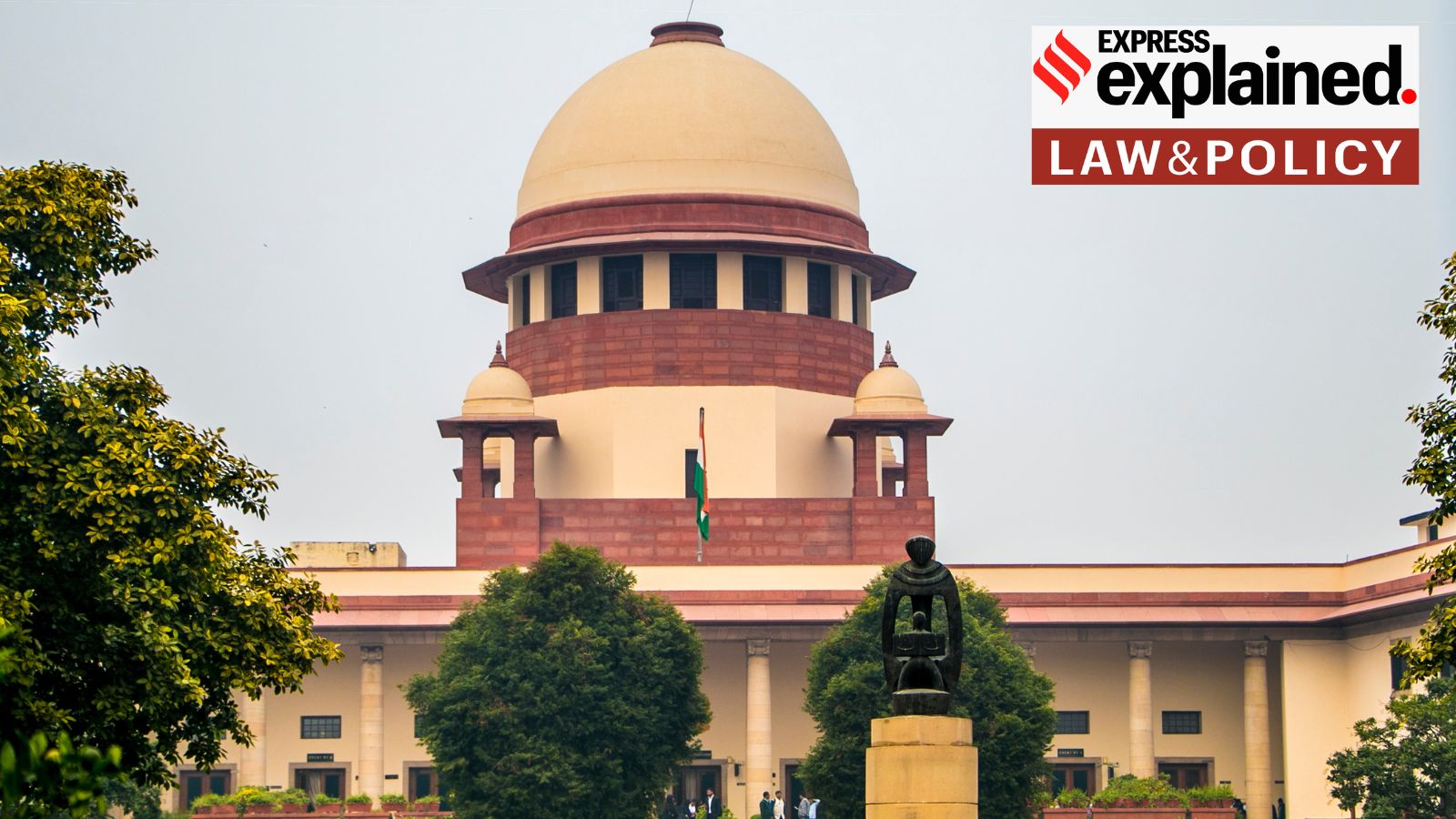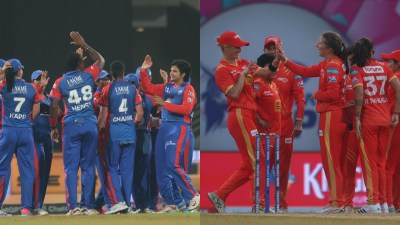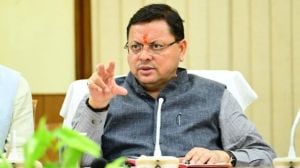Split verdicts: Why SC decision in Chhattisgarh burial case is a departure from the norm
In case of a split verdict, the case is usually referred to a larger Bench. Why did that not happen in this case?
 Justice B V Nagarathna held that Baghel should be allowed to conduct funeral rights on his private agricultural land while Justice S C Sharma ruled that the burial should take place at a designated Christian burial ground, some 20-25 kilometres away.
Justice B V Nagarathna held that Baghel should be allowed to conduct funeral rights on his private agricultural land while Justice S C Sharma ruled that the burial should take place at a designated Christian burial ground, some 20-25 kilometres away.The Supreme Court on Monday (January 27) could not come to a consensus on whether to permit the burial of the father of a certain Ramesh Baghel, a converted Christian, at the Baghels’ native village of Chhindwada where a majority of the population belongs to tribal families.
Justice B V Nagarathna held that Baghel should be allowed to conduct funeral rights on his private agricultural land while Justice S C Sharma ruled that the burial should take place at a designated Christian burial ground, some 20-25 kilometres away. But despite the split verdict, the case was not referred to a larger Bench for a final decision, which is the usual course of action in such cases. Here’s why.
A departure from the norm
A split verdict arises in cases where the judges on the Bench cannot arrive at a final decision, either by unanimous verdict or by a majority decision. Such verdicts can only come about if there are an even number of judges — usually two — on a Bench. This is why important cases are generally heard by Benches with an odd number of judges — three, five, seven, and so on.
However, two-judge or ‘Division’ Benches are also fairly commonplace. In the case of a split verdict, the case is usually referred to a larger Bench comprising an odd number of judges so that the court can render a final decision.
In the Chattisgarh burial matter, however, the Bench did not refer the case to a larger Bench and instead, Justice Nagarathna allowed Justice Sharma’s main holding to stand. The Bench directed Baghel to bury his father at the Christian burial ground in Karkapal, opting to close the proceedings instead of causing further delays “to alleviate the predicament and suffering of the appellant and his family”. Baghel’s father died on January 7.
Split verdicts in the past
The Supreme Court has delivered split verdicts in some significant decisions in the recent future, including in the challenge to the hijab ban for students in Karnataka.
In October 2022, Justice Hemant Gupta upheld the ban stating it applied equally to students from all religious communities. Justice Sudhanshu Dhulia, however, struck down the ban ruling that it violated students’ right to education and freedom of religion. The case was then referred to a larger Bench. But the SC is yet to begin hearing arguments.
There have been instances, however, where the Supreme Court has almost immediately begun hearings after a split verdict.
Hearing a plea for re-examination of the death sentence imposed on 1993 Mumbai serial blasts convict Yakub Memon, a Bench of Justices Anil R Dave and Kurian Joseph delivered a split verdict in 2013. Justice Joseph ruled in favour of staying the death sentence until further orders to assess the claims of procedural irregularities while Justice Dave did not grant a stay, and confirmed the death sentence instead of “passing the buck” to the CJI. A three-judge SC Bench heard the case, and confirmed the death sentence the very next day.
In another case concerning a plea from a woman seeking to terminate her pregnancy after the 24-week deadline prescribed by law, Justices Nagarathna and Hima Kohli initially allowed the pregnancy to be terminated on October 9, 2023. However, a report was sent to the SC the next day stating that the foetus had a high chance of survival.
The Centre too filed an application to recall the judgment. Although Justice Nagarathna stood by the ruling, Justice Kohli authored a separate ruling stating that her “judicial conscience” would not allow her to permit the pregnancy to be terminated on October 11. The case was referred to a three-judge Bench, which did not allow the petitioner to terminate the pregnancy on October 16.
- 01
- 02
- 03
- 04
- 05






































